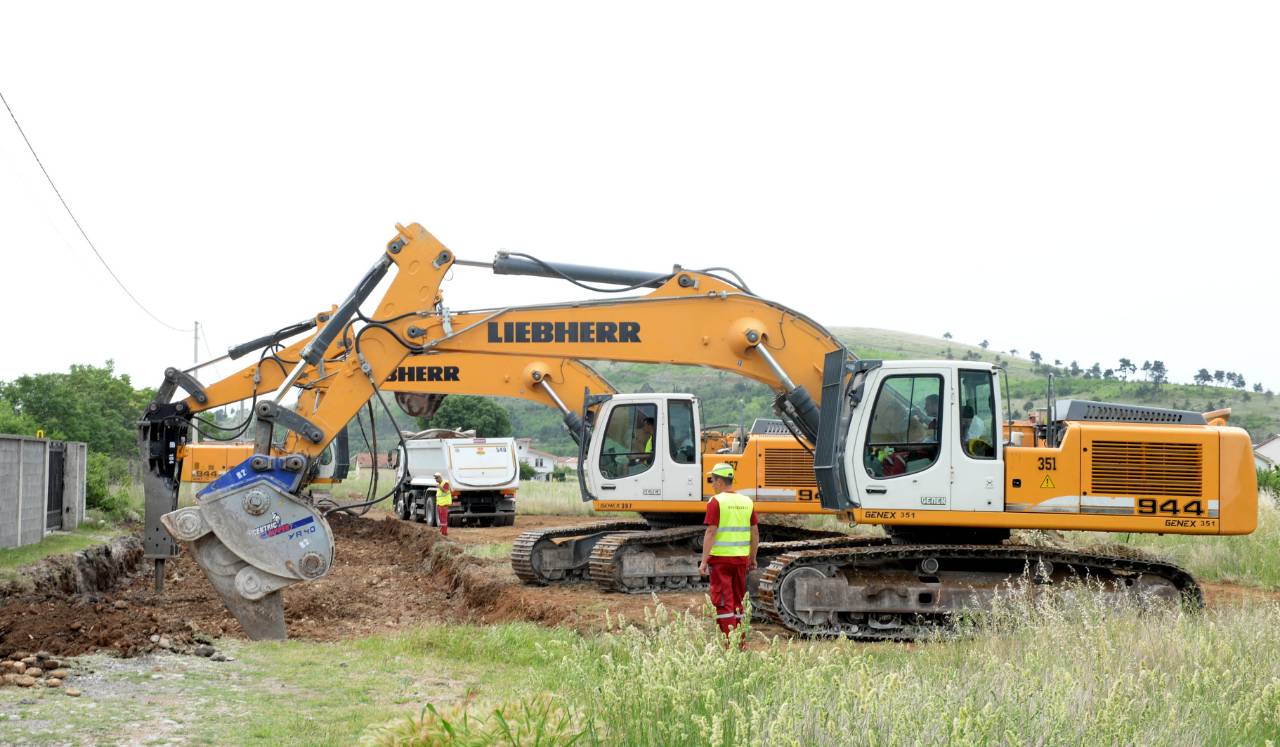
Purifying Podgorica: A cleaner Future, drop by drop
This case study examines the successful efforts of the Montenegrin government, supported by the European Union and the European Bank for Reconstruction and Development (EBRD), to address the critical issue of wastewater management in Podgorica, the capital of Montenegro.
About

Challenges:
The Podgorica Wastewater Treatment Plant project addresses several critical challenges related to environmental and public health concerns in Montenegro’s capital.
- The current wastewater treatment plant, built in the 1970s, is outdated and operates far below the required capacity. As a result, approximately 50% of the city’s wastewater is discharged untreated into the Morača River, which threatens the ecosystem of Skadar Lake wetland area, a crucial wetland shared between Montenegro and Albania.
- A significant portion of water pollution in Montenegro, about 75%, comes from untreated household waste.
- The existing wastewater management system’s failure to adequately treat sewage has led to significant public health risks. Untreated wastewater can contaminate drinking water sources and spread diseases, posing a direct threat to the health of Podgorica’s residents.
Solutions
The project includes advanced treatment processes such as anaerobic digestion and biogas recovery. This will allow the facility to produce energy through combined heat and power (CHP) production, making it more sustainable and reducing its carbon footprint.
Podgorica’s existing sewage network is insufficient to serve the growing population. The project includes the expansion of the sewerage network by 20 kilometers, which will help accommodate future urban growth and ensure that new areas are adequately serviced.
The project aims to bring Podgorica’s wastewater management in line with European Union environmental standards, which is essential for Montenegro’s EU integration efforts. This includes comprehensive treatment processes to remove pollutants like nitrogen and phosphorus.
Impacts
- The system is designed to serve a population equivalent of 230,000 people until 2045, ensuring that the infrastructure will meet future demands as the city grows.
- By improving wastewater treatment, the project aims to mitigate these risks and ensure safer water for consumption and recreation.
